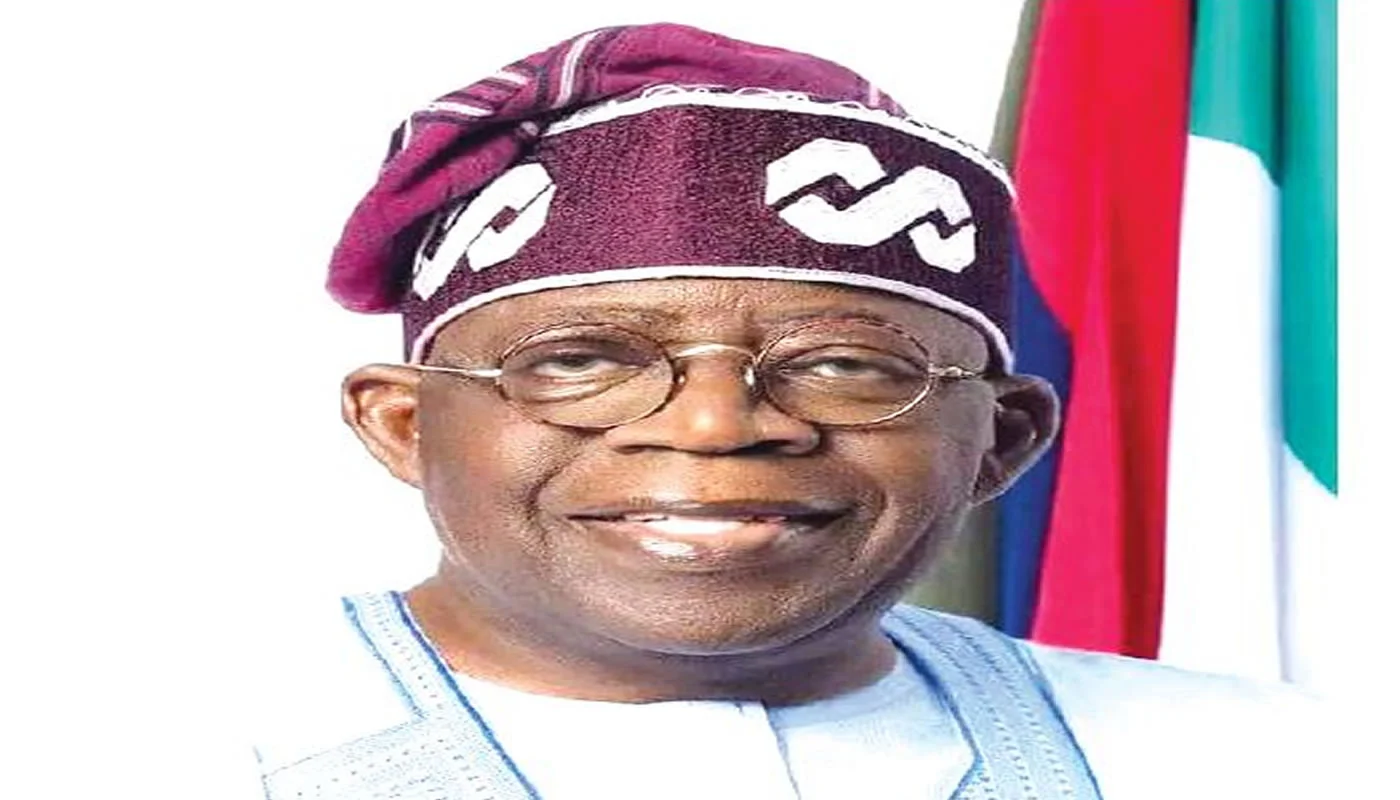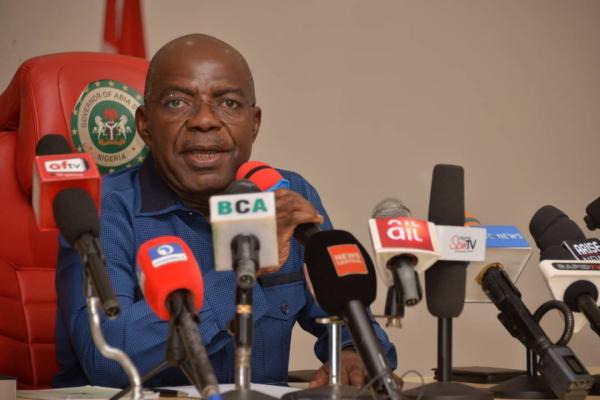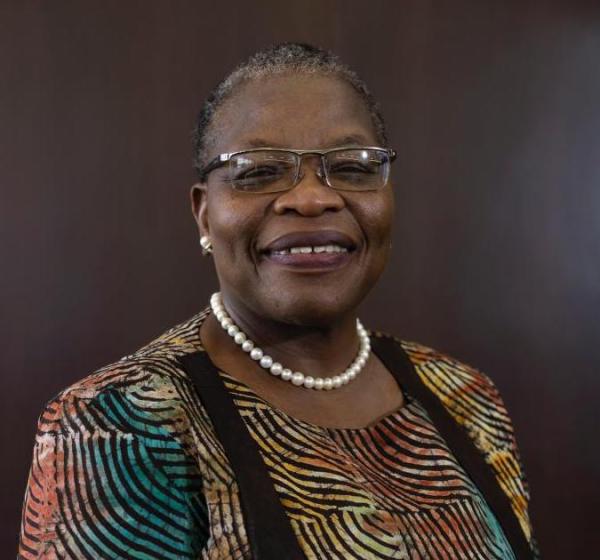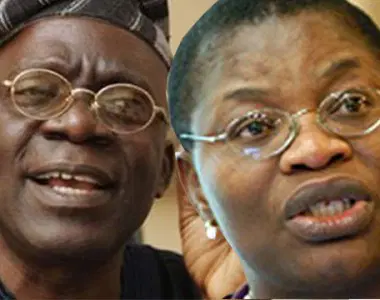
The Minister of Finance, Mrs Kemi Adeosun
The Minister of Finance, Mrs Kemi Adeosun, said, yesterday, that there were no quick solutions to the nation’s problems.
Adeosun, who was a guest at the Channels Television programme, Sunrise, in Lagos, reacted to assertions of former Education Minister, Oby, that President Muhammadu Buhari’s economic policies were archaic.
Ezekwesili as a guest speaker on The Platform, a programme organised by The Covenant Christian Centre last Monday, lashed at the President policies as archaic, saying they were not benefitting the masses.
But speaking on the television programme, Adeosun dismissed Ezekwesili’s position, maintaining that the federal government had plans to revitalise the economy, noting, however, that there were no quick solutions to the nation’s current economic woes.
Accusing previous administrations of failing to save when the country had massive revenue from high crude oil prices, the minister said things were currently difficult because the federal government inherited an empty treasury and a high debt profile.
She said: “I disagree with Mrs Ezekwesili…. The present government does not operate a command-and-control economic system as alleged by the former minister.
“What we are now trying to do is reset the economy so that we never end up in this situation again; and how do we do that? We have to have a more diversified economy, a more diversified revenue base.
“If you look at oil, its only 13% of our GDP but it represents 70% of government’s revenue, which means if anything happens to oil, it affects everybody.
“The question we are trying to now resolve is: The remaining 87% of GDP, why is it contributing so little to government’s revenue? If we are able to have those other revenues, which are much more stable, predictable and less volatile, then if the oil price goes down, we’ll be able to maintain some level of stability.
“We have looked at what government has been spending money on; only 10% was spent on capital, while 90% was spent on recurrent items as salaries, travelling, training and so on and those things don’t grow the economy; capital (expenditure) is what grows your economy.
“This budget that is being finalized has a 30% commitment to capital and we have said we want to maintain that commitment. “There are no quick solutions to the current economic woes. We are going to pump N350 billion into the economy until we see growth. The job will be done painstakingly, and we will come out of it better.”
Adeosun, who was a guest at the Channels Television programme, Sunrise, in Lagos, reacted to assertions of former Education Minister, Oby Ezekwesili, that President Muhammadu Buhari’s economic policies were archaic.
Ezekwesili as a guest speaker on The Platform, a programme organised by The Covenant Christian Centre last Monday, lashed at the President policies as archaic, saying they were not benefitting the masses.
But speaking on the television programme, Adeosun dismissed Ezekwesili’s position, maintaining that the federal government had plans to revitalise the economy, noting, however, that there were no quick solutions to the nation’s current economic woes.
Accusing previous administrations of failing to save when the country had massive revenue from high crude oil prices, the minister said things were currently difficult because the federal government inherited an empty treasury and a high debt profile.
She said: “I disagree with Mrs Ezekwesili…. The present government does not operate a command-and-control economic system as alleged by the former minister.
“What we are now trying to do is reset the economy so that we never end up in this situation again; and how do we do that? We have to have a more diversified economy, a more diversified revenue base.
“If you look at oil, its only 13% of our GDP but it represents 70% of government’s revenue, which means if anything happens to oil, it affects everybody.
“The question we are trying to now resolve is: The remaining 87% of GDP, why is it contributing so little to government’s revenue? If we are able to have those other revenues, which are much more stable, predictable and less volatile, then if the oil price goes down, we’ll be able to maintain some level of stability.
“We have looked at what government has been spending money on; only 10% was spent on capital, while 90% was spent on recurrent items as salaries, travelling, training and so on and those things don’t grow the economy; capital (expenditure) is what grows your economy.
“This budget that is being finalized has a 30% commitment to capital and we have said we want to maintain that commitment. “There are no quick solutions to the current economic woes. We are going to pump N350 billion into the economy until we see growth. The job will be done painstakingly, and we will come out of it better.”






















